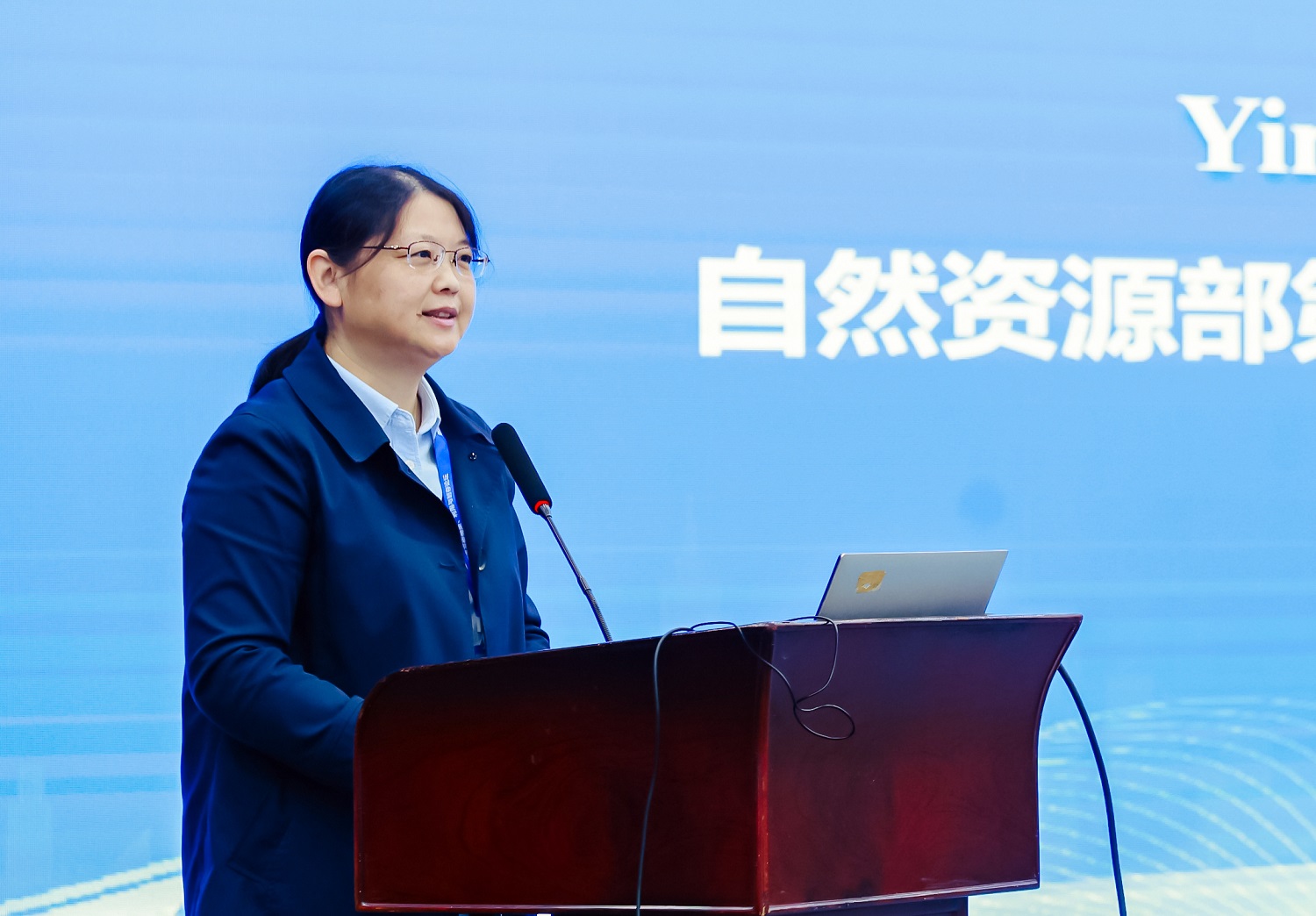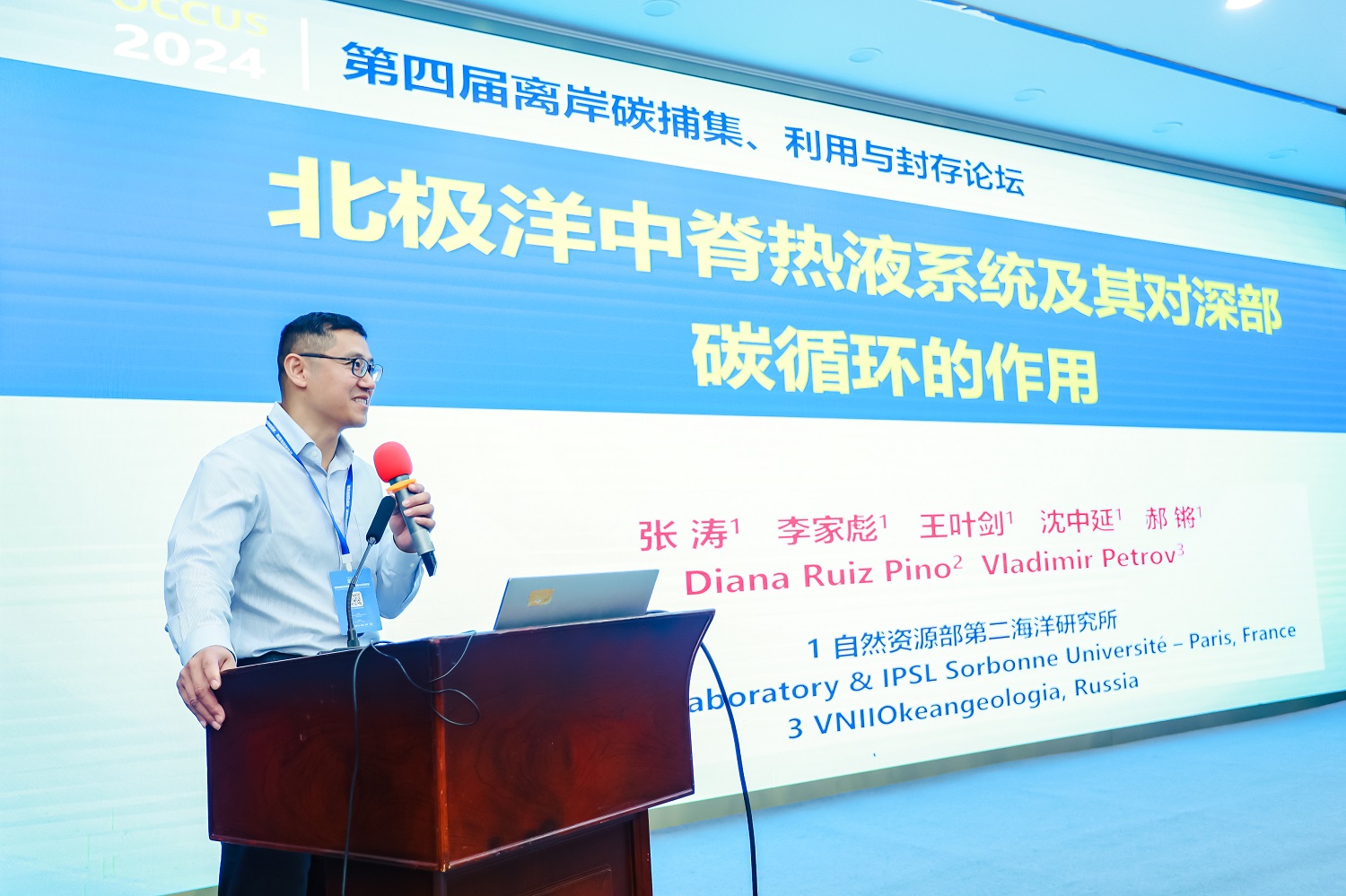News


From October 12 to 15, the 4th Offshore Carbon Capture, Utilization and Storage Forum (OCCUS) hosted by the SIO was held in Hangzhou. The forum brought together research institutions, enterprises and research scholars from home and abroad to explore the development path of offshore CCUS and contribute wisdom and strength to promoting the potential of China’s marine carbon sequestration and the overall coordinated development of land-sea resources, ecology, industry and space.
During the keynote presentation session, Liu He, academician of the Chinese Academy of Engineering, elaborated on the Research on the Mechanism and Adaptability of CO2 Enhanced Oil Recovery in Shale Oil Reservoirs, providing new ideas and methods for improving oil recovery and reducing carbon emissions. Sun Lili, academician of the Chinese Academy of Engineering, shared the integrated and innovative development of process carbon reduction and CCUS in the petrochemical industry, showing the active exploration and innovative practices of the petrochemical industry in low-carbon transformation. Zhao Liang, a researcher from the Institute of Geology and Geophysics, Chinese Academy of Sciences, reported the calculation of global plate subduction flux and deep carbon cycling. Professor Peng Bo from China University of Petroleum, Beijing, introduced the progress and challenges of offshore carbon dioxide sequestration and utilization technology. Zhang Tao, a researcher from the SIO, shared “The Hydrothermal System of the Arctic Mid-Ocean Ridge and Its Role in Deep Carbon Cycling”, providing a new perspective for global climate change research. The five keynote speakers shared and discussed offshore CCUS from multiple perspectives and levels, opening a wise and inspiring prelude for the forum.
This forum featured 12 special topics. Over 130 presenters fully shared and discussed their insights and offered prospects for future developments in various fields. A poster exhibition area was also set up at the venue, and highlights of related achievements injected new vitality into the future development of the field.



